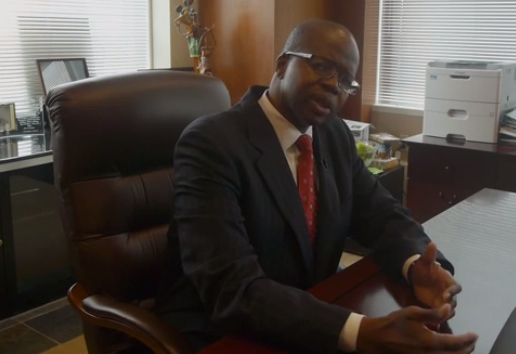Brooklyn D.A. to bring Gurley police shooting case to grand jury

Late Friday afternoon, Brooklyn District Attorney Kenneth Thompson announced that his office will present the case of an NYPD officer who shot an unarmed man in a Brooklyn stairwell to a grand jury. However, Thompson released little detail as to when the presentation will occur and did not identify the possible charges to be levied against the officer involved.
“I expect to present evidence regarding the Nov. 20, 2014, shooting of Akai Gurley to a grand jury because it is important to get to the bottom of what happened,” Thompson said.
Thompson also gave no indication as to when the grand jury will be selected and impaneled or whether there is a deadline for a decision.

Brooklyn Boro
View MoreNew York City’s most populous borough, Brooklyn, is home to nearly 2.6 million residents. If Brooklyn were an independent city it would be the fourth largest city in the United States. While Brooklyn has become the epitome of ‘cool and hip’ in recent years, for those that were born here, raised families here and improved communities over the years, Brooklyn has never been ‘uncool’.